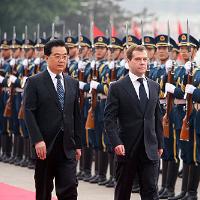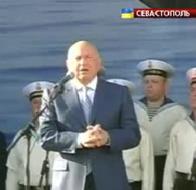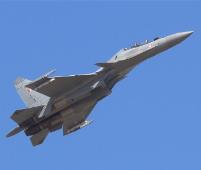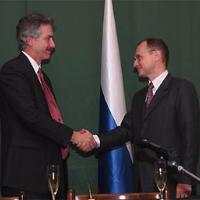
Chinese President Hu Jintao and Russian President Dmitry Medvedev had a pleasant, two-day summit last week in Beijing. The agreeable nature of their public encounter was evident when Hu thanked the Russian government for its assistance to the victims of the May 12 earthquake in southwest China, which may have killed as many as 80,000 people. “Between friends, there can be no other kind of relations,” Medvedev replied, while offering to provide additional help. Their only unpleasant comments were directed at third parties. The two governments expressed resentment of Western criticism regarding their human rights practices and actions abroad. A […]



